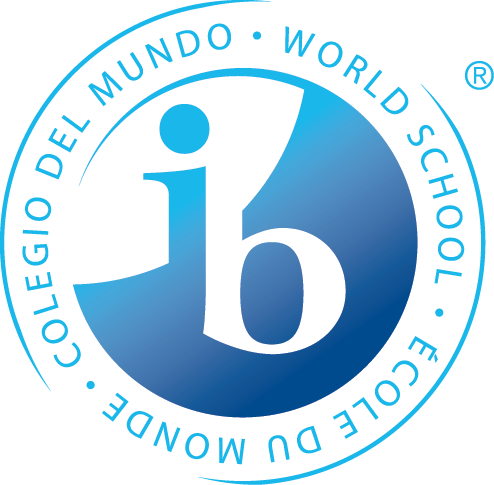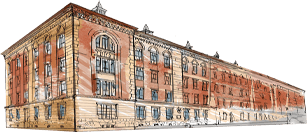Educational “cloud” – a new model of teaching on the example of geography classes.

The Małopolska Educational Cloud is an educational project aimed at raising key competences and shaping the right attitudes on the further educational path among selected students of secondary schools in the Małopolskie Voivodeship.
Twice a month at 7:30 students and students of grades 2a2 and 2g2 of Secondary School No. 6 in Krakow with an extended geography curriculum, who want to deepen and expand their geographical knowledge and skills, participate under the supervision of prof. Sławomir Kubas in specially prepared 2-hour on-line classes conducted by researchers at the Institute of Geography and Spatial Management of the Jagiellonian University. Classes are held in the geographical studio No. 100 in the building of the Secondary School No. 6 thanks to the newly purchased ICT equipment, such as a multimedia board, TV, cameras recording image and movement, and collective microphones.
Classes are interactive teleconferences – students of High School No. 6 thanks to the use of the above-mentioned telecommunications technologies are able to actively participate in classes conducted in real time by lecturers – researchers transmitting and monitoring the course of classes from the Jagiellonian University. Students also communicate with students from five other schools in the Małopolskie Voivodeship who are at the same time in classrooms at their own schools.
On November 21, 2019, students of the Secondary School No. 6 in Krakow had the opportunity to visit the Institute of Geography
and Spatial Management of the Jagiellonian University located on the Campus of the 600th Anniversary of the Renewal of the Jagiellonian University at ul. Gronostajowa 7 and participation in classes conducted by two doctoral students of the faculty of geology. The classes concerned the tectonics of lithospheric plates and orogenesis – genesis, movement mechanisms and direct consequences of these movements.
Getting to know and assimilating knowledge and skills was accompanied, among others, by a very interesting experiment that requires students’ involvement. Students received materials: plastic containers, sandpaper sheets, gloves and sand in two colors: gray and blue. The experiment consisted in pouring equal layers of sand alternately on sandpaper placed on the bottom of a plastic container. This operation proved to be a challenge requiring surgical precision as the sand mixed very quickly.
After forming several alternating layers of sand on the paper at the bottom of the container, the paper had to be gently and steadily drawn through a special slot located at the bottom of the glass container. Along with the removal of the paper, the students carefully watched the colorful layers of sand fold at a very accelerated pace (in a significantly extended real geological time these are the structures of rock layers), which aroused considerable interest and emotions among them.
The doctoral students who conducted the classes showed not only professionalism and knowledge, but also wit and simplicity
in explaining complex geological processes, e.g. a pictorial comparison of the structure of the Earth’s interior to a peach or an egg, and the processes taking place in it to cooking pasta. Thanks to this, the subject matter of the classes was pleasant and quickly absorbed by students. The lecturers also tried to encourage students to actively participate and express their own conclusions. The students declared their willingness to participate in the next classes taking place at the above-mentioned faculty.
For us, students of the geography classes of High School No. 6 in Krakow, the opportunity to participate in the geography classes of the Małopolska Educational Cloud is a distinction and a chance to expand our knowledge and skills regarding the issues that interest us. Thanks to this project, we have the opportunity to contact science and we can develop our interests and talents. We participate in these classes for various reasons – some of us want to prepare ourselves even better for the matriculation exam in extended geography, others are trying to find their calling.
Maja Loranc
Łukasz Rakoczy





